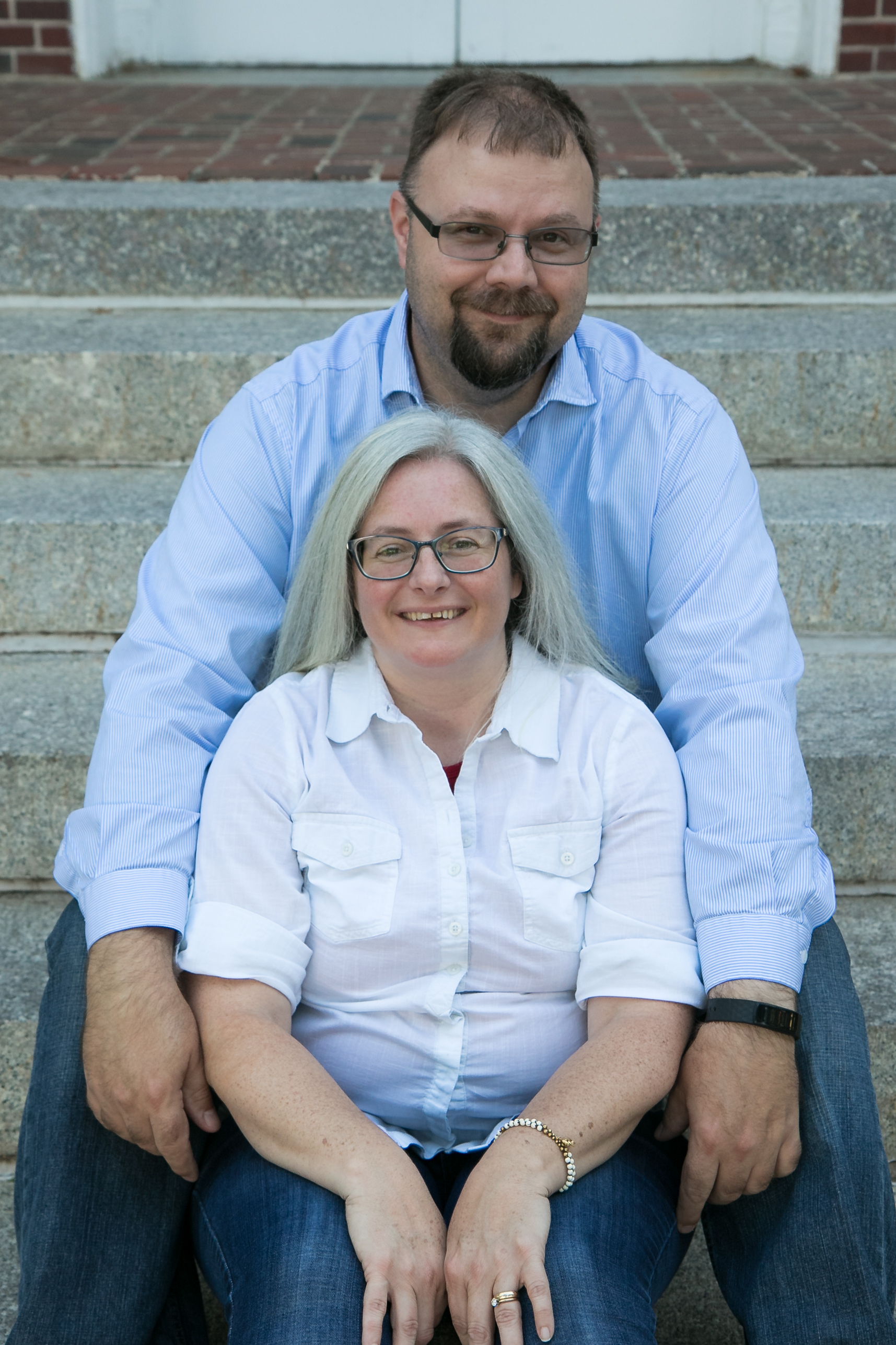“For the record, in Bereshit (Genesis by you) where it talks about the “helpmmet,” the Hebrew is not just Ezer, but Ezer k’gnedo, which means “the help that opposes.” The Rabbis explain this term like two posts of equal weight leaned against one another. They stand because of equal force.” A letter by Ahava as it appears in A Year of Biblical Womanhood by Rachel Held Evans
I have a theory that solitude is a major contributing factor to people becoming a little crazy. I mean who hasn’t seen Castaway? My parents were very different from one another, but they balanced each other. Mom couldn’t give all her money away to the poor, and Dad couldn’t spend his entire life at caving conventions or Renaissance Faires. There was someone to talk to, cook for, clean for, to stretch you into doing things outside your comfort zone, and most importantly someone with whom to compromise. I don’t think people need to live with someone to have these kinds of accountability and stretching relationships, but I think the loss of my father meant the loss of that balancing factor for my mom. Mom seemed to slowly slide into a world of her own making, with total freedom to do what she wanted, or more often than not felt obligated to do, and she had no checks and balances. We like to think that there is nothing better than total freedom, but I’m not sure that’s true.

Marriage is a partnership of two imperfect, sinful people joined in a permanent bond of mutual submission. They have different strengths and weaknesses. They come to the union with different upbringings, dreams, and expectations. Hopefully they are driven by common life goals and faith, but even with their commonality they are bound to have friction. They are going to pull and push against each other in a million tiny and not so tiny ways. And through the tension they will sharpen one another. They will refine each other, mold each other, balance and sometimes annoy each other. It is actually part of the miracle of the two becoming one.
I can’t say that Jay and I enjoy living out the “iron sharpens iron” part of marriage, but it’s part of the strength of our marriage. There is trust in our relationship because we know the other person isn’t just going to “yes” our ideas. We are going to give alternate viewpoints. We will argue our points until some more reasonable middle ground rises up. As a result, Jay isn’t going to buy every piece of new technology that lands on the market, and I am not going to take the family on road trips across Europe (even though it is clear my spending goals are way better than his.) We are not going to uproot the kids or quit jobs without diligently thinking through the implications and prayerfully coming to a mutual decision. Sometimes we practice giving up our desires for the other. We submit. We stand firm. And we are both better for it. Our family is better for it.
It is in the Ezer K’gnedo, the help that opposes, that we discover the strength of our union.
